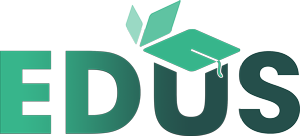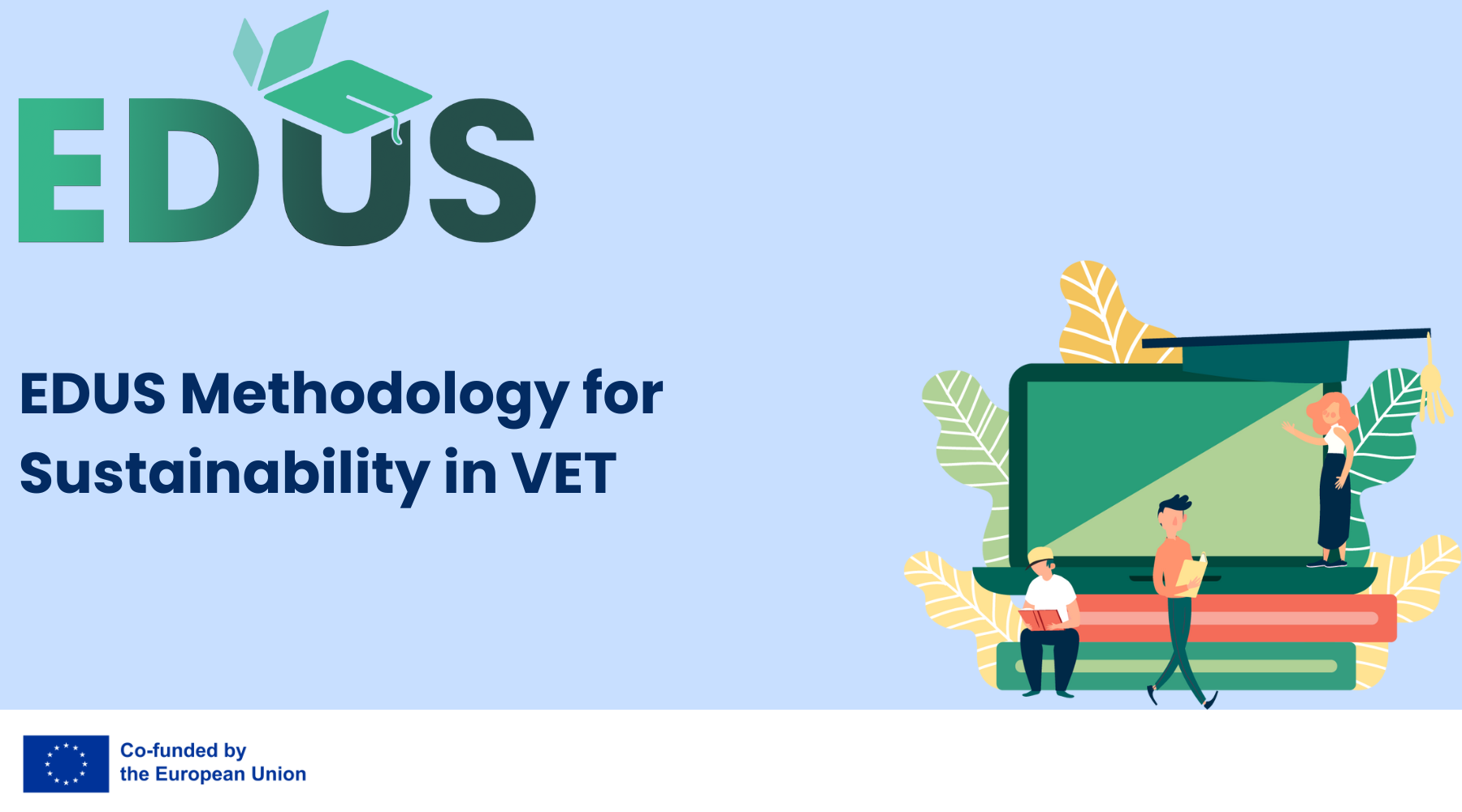
EDUS Project: Redefining Sustainability in Education
01/02/2025 admin
| Article written by Sofia Marasca and Yasmine Panzironi |
On November 25th, the EDUS consortium and VET (Vocational Education and Training) trainers from partner countries met in Garðabær, Iceland, to bring the EDUS framework into shape. The meeting was aimed at aligning educational tools and methodologies with the real needs of students and trainers regarding sustainability principles and how to turn them into actionable frameworks. Sustainability into EDUS: pillars and method
The concept of sustainability, as defined in the Brundtland Report (1987), emphasizes «development that meets the needs of the present without compromising the ability of future generations to meet their own needs»1. This definition highlights two key dimensions in the context: sustainable means addressing the essential needs of the world’s most vulnerable populations while recognizing environmental and technological limitations to growth. It emphasises a balance between economic development, social equity, and environmental protection as integral components of long-term global progress.
Rooted in this vision, the EDUS project integrates sustainability into vocational education and training (VET). By acknowledging the interconnections between the environment, society, and the economy, EDUS builds on the Brundtland Report’s holistic approach to address modern challenges such as climate change, inequality, and resource scarcity.
Aligned with the 17 Sustainable Development Goals (SDGs), the New European Bauhaus (NEB) and GreenComp, EDUS operationalizes sustainability through a solid and multi-dimensional approach.
First, leveraging the three pillars – People, Planet, and Prosperity – EDUS focuses on equipping learners with competences tailored to these dimensions.
For «People,» the framework emphasizes social equity, mental and physical well-being, and fostering inclusivity. For example, it provides VET trainers with structured learning objectives, such as promoting equality and addressing basic human needs, ensuring that students develop a comprehensive understanding of societal challenges. For the «Planet,» the focus is on environmental sustainability, including regenerative resource use and biodiversity conservation. Learners engage with hands-on tasks that encourage the adoption of sustainable practices, such as applying circular economy principles in real-world scenarios. For «Prosperity,» EDUS introduces students to forward-thinking economic models (like the doughnut economy), emphasizing sustainable investments and community-driven governance.
Second, EDUS bridges the gap between theory and real-world application by combining methodologies from GreenComp, the SDGs, and the NEB. It employs tools such as self-assessment grids to evaluate student progress and practical activities like case studies and internships. These resources help VET learners translate complex theoretical concepts – such as planetary boundaries and sustainable resource flows – into actionable strategies within their fields of study.
Lastly, EDUS cultivates a workforce capable of driving sustainable change by focusing on creativity, connectivity, and technology as key enablers. Workshops and collaborative design processes encourage innovative thinking, while digital resources like multimedia toolkits ensure accessibility and scalability. Furthermore, what characterises EDUS is its flexibility. Trainers can adapt the framework to their specific needs, using its clear structure and tools to monitor progress. By preparing educators with adaptable teaching methodologies, EDUS empowers students to become proactive agents of change, fostering resilience and innovation in their future careers.
This comprehensive strategy ensures that EDUS not only teaches sustainability but integrates it into vocational training, making it an integral part of Europe’s educational and societal evolution.
- Jarvie, Michelle E.. «Brundtland Report». Encyclopedia Britannica, 20 May. 2016, https://www.britannica.com/topic/Brundtland-Report. Accessed 8 December 2024.
↩︎







